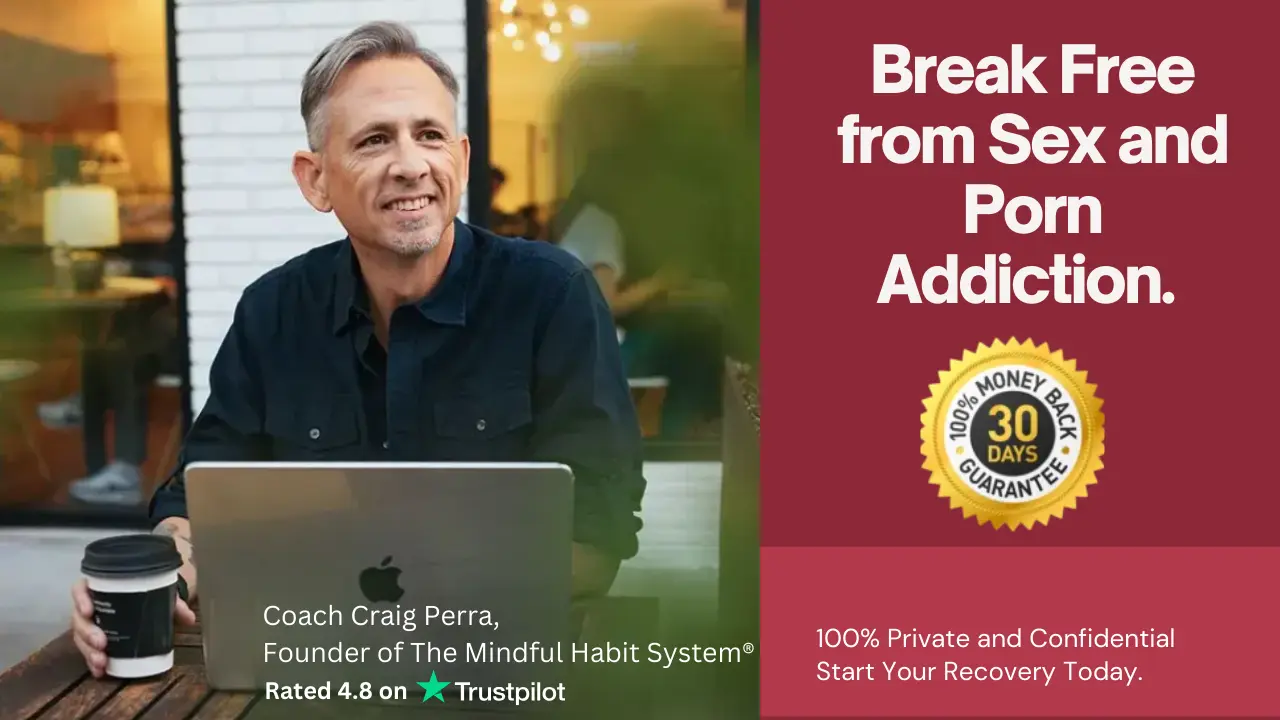PMO addiction, which stands for Porn, Masturbation, and Orgasm addiction, is a growing concern that can significantly impact an individual’s physical health and overall well-being. While the mental and emotional consequences of PMO addiction are widely recognized, its effects on physical health are often overlooked.
This article delves into the various ways PMO addiction can affect physical health and offers insights into how to mitigate these impacts.
Understanding PMO Addiction
PMO addiction involves compulsive engagement in viewing pornography, masturbating, and achieving orgasm despite negative consequences. This behavior can become a coping mechanism for stress, anxiety, or other emotional issues, leading to a cycle of dependency that is challenging to break. The physical consequences of this addiction can be just as severe as the psychological ones.
Physical Health Impacts of PMO Addiction
1. Genital Health Issues
Excessive masturbation can lead to physical issues such as:
- Soreness and Irritation: Frequent masturbation can cause soreness, irritation, or even minor injuries to the genital area. Over time, this can lead to chronic pain or discomfort.
- Erectile Dysfunction: Persistent PMO addiction can contribute to erectile dysfunction (ED). The over-reliance on pornographic material can desensitize individuals to real-life sexual stimuli, making it difficult to achieve or maintain an erection.
2. Hormonal Imbalances
Engaging in frequent masturbation can disrupt normal hormonal balance:
- Testosterone Levels: Some studies suggest that excessive masturbation can lead to fluctuating testosterone levels, which can impact muscle mass, energy levels, and overall vitality.
- Dopamine Desensitization: Pornography consumption floods the brain with dopamine, the pleasure hormone. Over time, the brain can become desensitized, requiring more intense stimuli to achieve the same level of pleasure, which can affect overall mood and motivation.
3. Fatigue and Decreased Energy Levels
PMO addiction can lead to chronic fatigue and decreased energy levels:
- Physical Exhaustion: Frequent masturbation can cause physical exhaustion, reducing energy levels needed for daily activities and responsibilities.
- Sleep Disturbances: PMO activities, especially when done late at night, can disrupt sleep patterns, leading to poor sleep quality and chronic fatigue.
4. Musculoskeletal Issues
Prolonged periods of watching pornography often involve staying in the same position for extended times, which can lead to musculoskeletal problems:
- Postural Issues: Sitting for long periods without proper posture can lead to back, neck, and shoulder pain.
- Repetitive Strain Injuries: Repeated use of certain muscles during masturbation can cause repetitive strain injuries, leading to pain and discomfort in the wrists, hands, or arms.
5. Impact on Cardiovascular Health
Chronic stress and anxiety related to PMO addiction can negatively affect cardiovascular health:
- Increased Heart Rate: The excitement and arousal associated with watching pornography can temporarily increase heart rate. Over time, chronic stress and elevated heart rate can contribute to cardiovascular problems.
- High Blood Pressure: The stress and guilt associated with addiction can lead to hypertension, increasing the risk of heart disease.
6. Immune System Suppression
Chronic stress and lack of sleep resulting from PMO addiction can weaken the immune system:
- Increased Susceptibility to Illness: A weakened immune system makes individuals more susceptible to infections and illnesses.
- Slower Recovery: The body’s ability to recover from illnesses or injuries can be impaired due to a compromised immune system.
Strategies to Mitigate Physical Health Impacts
Recognizing the physical health impacts of PMO addiction is the first step towards mitigating them. Here are some strategies to help reduce these negative effects:
1. Establish Healthy Routines
Create a balanced daily routine that includes physical activity, proper nutrition, and adequate sleep. This can help regulate hormones, improve energy levels, and reduce fatigue.
2. Practice Mindfulness and Stress Management
Incorporate mindfulness practices, such as meditation and deep breathing exercises, to manage stress and anxiety. Reducing stress can help mitigate its negative impact on physical health.
3. Engage in Regular Exercise
Regular physical activity can improve overall physical health, boost mood, and increase energy levels. Exercise also helps regulate hormones and improve cardiovascular health.
4. Improve Sleep Hygiene
Establish a regular sleep schedule and create a bedtime routine that promotes relaxation. Avoid engaging in PMO activities late at night to improve sleep quality.
5. Seek Professional Help
Consider working with a therapist or counselor who specializes in addiction. Professional help can provide strategies and support for overcoming PMO addiction and its physical health impacts.
6. Stay Hydrated and Maintain a Balanced Diet
Proper hydration and a balanced diet rich in vitamins and minerals can support overall health and well-being. Eating a variety of nutrient-dense foods helps maintain energy levels and supports the immune system.
7. Practice Good Posture
Pay attention to your posture, especially when sitting for long periods. Take regular breaks to stand, stretch, and move around to prevent musculoskeletal issues.
8. Limit Screen Time
Reduce the amount of time spent on screens, especially when it involves consuming pornographic content. Engage in other activities that promote physical and mental health, such as reading, hobbies, or spending time outdoors.
Conclusion
PMO addiction can have significant impacts on physical health and well-being, including genital health issues, hormonal imbalances, fatigue, musculoskeletal problems, cardiovascular health risks, and immune system suppression. Recognizing these impacts and implementing strategies to mitigate them is crucial for overall recovery. Establishing healthy routines, practicing mindfulness, engaging in regular exercise, improving sleep hygiene, seeking professional help, maintaining a balanced diet, practicing good posture, and limiting screen time are all effective ways to support your journey towards better physical health and well-being



Pingback:Top Tips from a Fitness and Nutrition Consultant - Buddies Reach